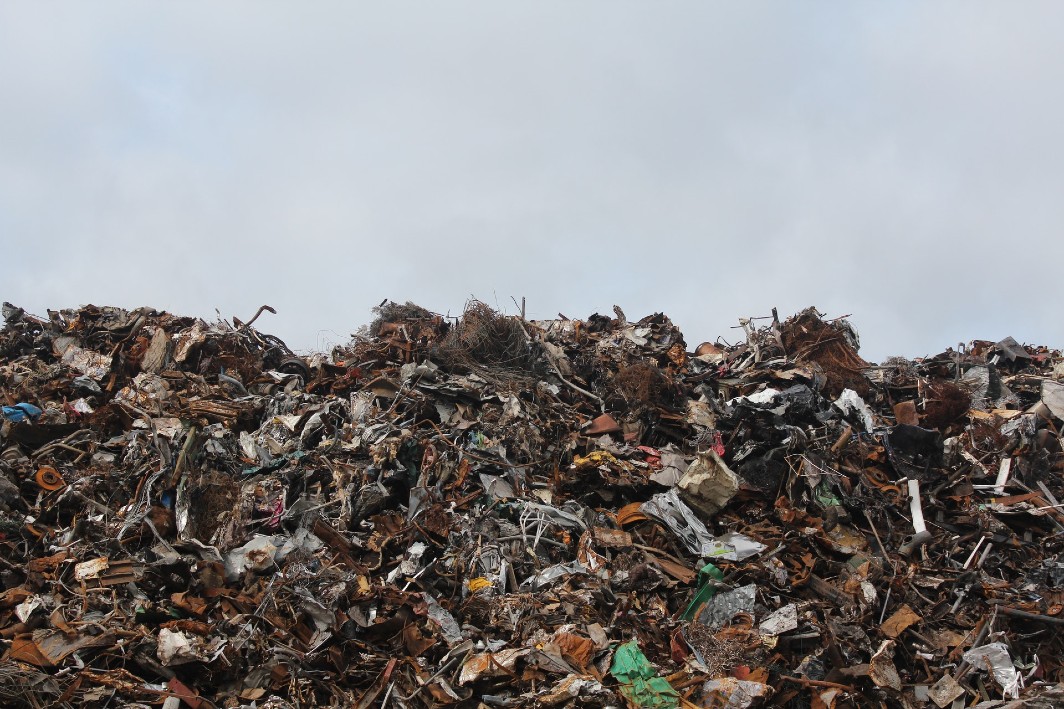Waste may not yet be a priority within your company’s net zero or ESG strategy, but taking control of this surprisingly impactful stream can pay green and financial dividends.
Is your business reporting on emissions from waste?
Scope 3 business emissions come from 15 categories, one of which is waste disposal, of wastes generated in your operations.
It’s not currently compulsory to report on Scope 3 emissions, but they can be a hugely significant part of a company’s carbon footprint. Food giant Kraft Heinz estimates that 95% of its emissions are Scope 3; and this is not unusual. The best the best estimates place Scope 3 emissions somewhere between 80% and 97% of total emissions for a large business.
With investors facing increasing pressure to reduce the environmental impact of their assets (among which could be your business), declaring Scope 3 emissions (and thereby waste) should help to provide a clearer picture of what needs to be done.
What emissions and energy are involved in corporate waste?
The answer may be more than you would think. Only 20 to 30 per cent of construction and demolition waste, for example, is currently reused or recycled, according to the Ellen MacArthur Foundation. Think of all the energy and emissions involved in making the original concrete, transporting it to site, or knocking it down and driving it to be landfilled.
Ellen MacArthur Foundation says more careful disassembly can facilitate material reuse and recycling, which together can prevent 0.6 billion tonnes of CO2 emissions every year. The same rings true across many business sectors, not just construction. Waste matters.
Sustainability Disclosure Requirements
Taking action on waste also prepares companies for new reporting rules. Under the forthcoming Sustainability Disclosure Requirements, the UK government will broaden sustainability reporting (which currently focuses almost exclusively on climate-related risks), to cover a much fuller range of issues, including waste.
It’s also worth mentioning that whilst the UK is no longer under direct EU law, the EU has agreed on plans to mandate large businesses to disclose more information relating to their environmental, social and governance (ESG) plans and performance from January 2024.
So waste, as part of Scope 3, is key. Partially because it’s increasingly important to investors and ESG, partially because its emissions require attention from a climate perspective, and partially because right now it’s hard to report on. The more corporates that work on waste and Scope 3, the more momentum builds for better business practice.
Government action
The UK government says it is committed to creating a circular economy: one that prioritises the recycling and reusing of products, parts, and materials, instead of needlessly disposing them.
According to the Office for National Statistics, commercial and industrial waste accounts for roughly a fifth (19 per cent) of all waste generation in the UK. That’s more than every household combined and is only set to increase.
Government has already indicated that it intends to work with regulators and local authorities to encourage more action across the waste hierarchy to prevent waste from ending up in landfill. By 2035, it has committed to an ambitious, but achievable, 65 per cent municipal recycling rate. Businesses have a clear role to play in meeting this target.
This allows for less wasteful business practices, recouping on important profit margins. Research suggests that recycling activities that contribute to a circular economy could deliver a potential gross value added gain of £77 billion to the UK economy by 2030. That’s cash your business can both contribute to and benefit from.
The final word
Waste isn’t often considered important compared with efficiency, sourcing greener electricity or greening up fleet on the metric of energy and emissions.
But it still has a key role to play. Momentum is only moving towards more and more focus on waste streams and their impacts as part of overall environmental disclosure, and you might well be surprised to learn just how damaging corporate waste can be.
The time for action, voluntary reporting and a true emphasis on waste within an energy and emissions lens has, it appears, come.













